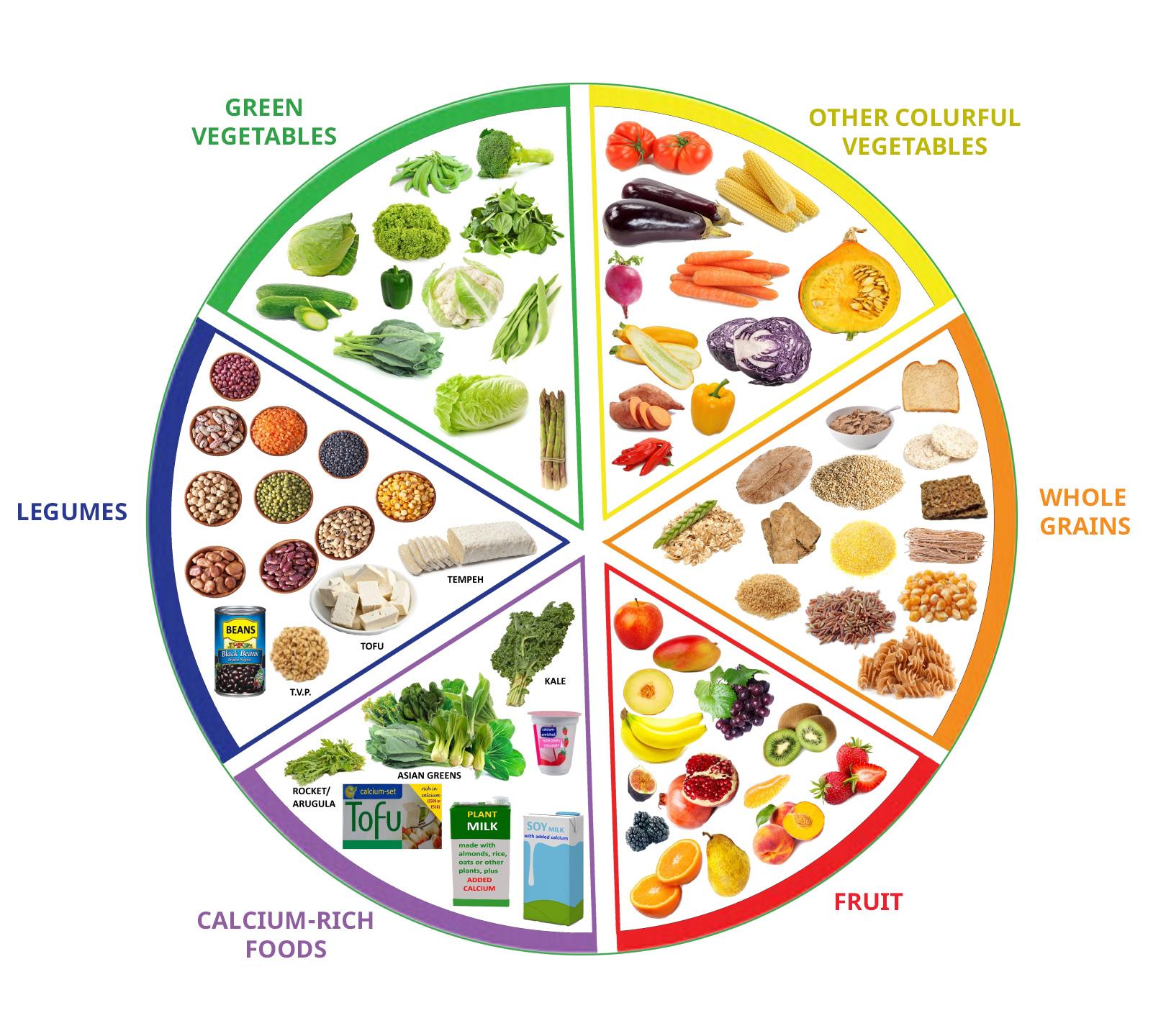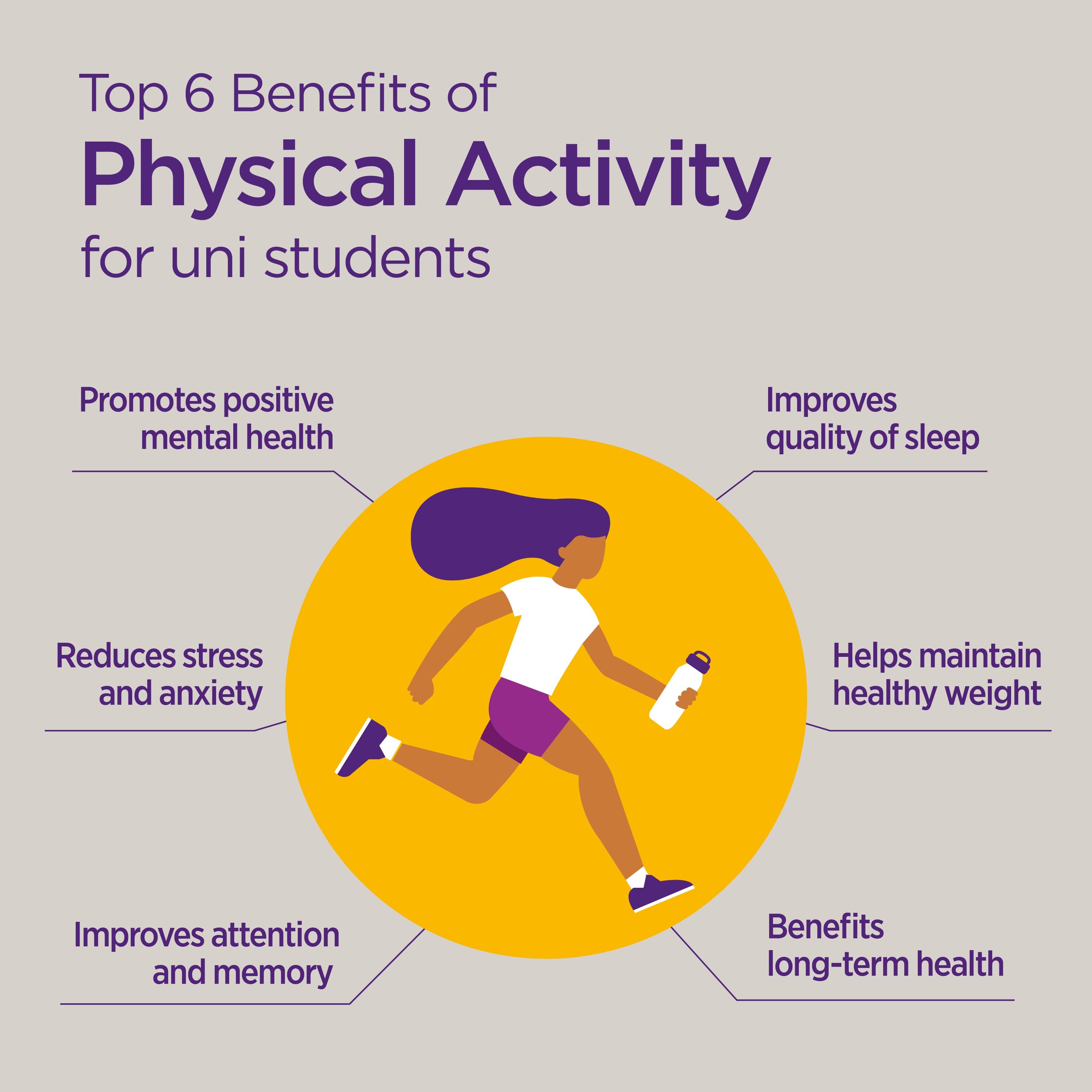In a world where the quest for a healthier lifestyle often seems overwhelming, effective weight management stands as a crucial cornerstone for overall well-being. With the rise of conflicting information and quick-fix solutions, many individuals find themselves lost in the noise, struggling to discover a sustainable path that not only leads to weight loss but also promotes long-term health. This article aims to clarify the essential strategies for effective and healthy weight management, focusing on practical, evidence-based approaches that can be seamlessly integrated into daily life. By understanding the fundamental principles of nutrition, exercise, and mindset, you can empower yourself to make informed choices that support not just your weight goals, but your overall health journey. Join us as we delve into these essential strategies that not only transform your relationship with food and fitness but enhance your quality of life.
Table of Contents
- Understanding the Fundamentals of Balanced Nutrition
- Incorporating Physical Activity into Your Daily Routine
- The Role of Mental Health in Weight Management
- Building Sustainable Habits for Long-Term Success
- In Summary
Understanding the Fundamentals of Balanced Nutrition

Balanced nutrition is the cornerstone of effective weight management and overall well-being. Understanding the key components that make up a nutritious diet can help you make informed choices and support your health goals. A balanced diet includes a variety of foods from different food groups, ensuring that you get the necessary nutrients your body requires. Key elements of balanced nutrition include:
- Fruits and Vegetables: Aim for a colorful variety to maximize nutrient intake.
- Whole Grains: Choose whole over refined grains to benefit from fiber.
- Protein Sources: Incorporate lean meats, fish, legumes, and nuts for essential amino acids.
- Dairy or Alternatives: Select low-fat or fortified options for calcium and vitamin D.
Portion control is essential in achieving a nutritional balance. Being mindful of serving sizes can aid in preventing overeating and can be facilitated through practical strategies. One effective approach to portion control is to use visual cues, such as filling half of your plate with fruits and vegetables while allocating smaller portions for high-calorie foods. The table below outlines suggested portion sizes for different food groups:
| Food Group | Suggested Portion Size |
|---|---|
| Fruits | 1 medium fruit or 1 cup chopped |
| Vegetables | 1 cup raw or ½ cup cooked |
| Grains | ½ cup cooked or 1 slice of bread |
| Protein | 3 ounces cooked or 1 cup legumes |
| Dairy | 1 cup milk or yogurt |
Incorporating Physical Activity into Your Daily Routine

Integrating physical activity into your daily life doesn’t require drastic changes or a complete overhaul of your routine. Instead, it can be as simple as making small adjustments to your existing activities. Start by taking the stairs instead of the elevator or parking further away from your destination to encourage walking. Try to include short bursts of exercise throughout your day; for instance, doing a few squats while waiting for your coffee or a quick stretch during work breaks can all add up over time. These small but impactful changes can greatly contribute to your overall physical health.
Additionally, identifying activities that you enjoy can make it easier to stick with a more active lifestyle. Consider the following simple approaches to enhance your daily movement:
- Walking Meetings: If possible, suggest walking meetings instead of traditional sit-down discussions.
- Active Commutes: Ride a bike or walk to work if it’s a feasible option.
- Family Activities: Plan outdoor activities with family, such as hiking or playing sports.
- Dedicated Exercise Time: Block off a portion of your day for dedicated workouts, treating them as unmissable appointments.
Creating a balance between work and play is crucial for your mental and physical well-being. Try tracking your activity using a journal or mobile app, allowing you to visualize your progress and set achievable weekly goals. Below is a table summarizing effective strategies for staying active:
| Strategy | Benefit |
|---|---|
| Walking | Improves cardiovascular health |
| Strength Training | Builds muscle and boosts metabolism |
| Stretching | Enhances flexibility and reduces injury risk |
| Group Classes | Increases motivation and camaraderie |
The Role of Mental Health in Weight Management
Understanding the connection between mental health and weight management is crucial for achieving long-term success. Emotional well-being impacts our relationship with food, influencing not just what we eat, but also how we perceive our bodies. Stress, anxiety, and depression can trigger unhealthy eating patterns, leading to overeating or indulging in high-calorie comfort foods. Therefore, addressing mental health is essential to foster a more balanced approach to nutrition and physical activity. Recognizing the emotional triggers that lead to cravings can empower individuals to make healthier decisions rather than resorting to food for solace.
To cultivate a positive mindset that supports weight management, consider the following strategies:
- Mindful Eating: Focus on the sensory experience of eating—taste, texture, and aroma—while eliminating distractions.
- Emotional Awareness: Keep a journal to track food intake alongside emotions to identify patterns.
- Stress Reduction Techniques: Engage in practices such as yoga, meditation, or deep-breathing exercises to mitigate anxiety and promote self-awareness.
- Support Networks: Surround yourself with a supportive community, whether through friends, family, or professional counseling.
| Mental Health Impact | Weight Management Strategy |
|---|---|
| Stress leads to overeating | Practice relaxation techniques |
| Negative body image affects motivation | Set realistic and achievable goals |
Building Sustainable Habits for Long-Term Success
Establishing habits that promote healthy weight management is essential for achieving lasting results. To start, focus on incorporating realistic changes into your daily routine. Identify small, achievable goals that align with your lifestyle, and gradually build on them. Some effective strategies include:
- Meal Planning: Prepare meals in advance to help control portions and avoid last-minute unhealthy choices.
- Mindful Eating: Pay attention to your hunger cues and eat slowly to enhance your awareness of satiety levels.
- Regular Physical Activity: Find activities you enjoy, making exercise a consistent, enjoyable part of your life.
Additionally, the importance of tracking your progress cannot be overstated. Keeping a journal or using apps can help you monitor your eating habits and exercise routines. Understanding patterns will empower you to make informed decisions and adjustments. Consider the following key metrics to track:
| Metric | Frequency |
|---|---|
| Weight | Weekly |
| Physical Activity | Daily |
| Water Intake | Daily |
| Sleep Quality | Nightly |
In Summary
navigating the journey of weight management is a nuanced process that requires a blend of knowledge, commitment, and self-awareness. By implementing the essential strategies we’ve discussed—such as setting realistic goals, embracing a balanced diet, engaging in regular physical activity, and prioritizing mental well-being—you can create a sustainable lifestyle that promotes not just weight loss, but overall health.
Remember, this is not merely a quest for a number on the scale; it’s about cultivating a healthier relationship with your body and making choices that enhance your quality of life. As you embark on this journey, be patient with yourself and celebrate every small victory along the way. Weight management is a lifelong endeavor, and the tools you’ve gained here can empower you to navigate it with confidence.
Stay informed, stay motivated, and most importantly, stay committed to yourself. Here’s to a healthier, happier you!



